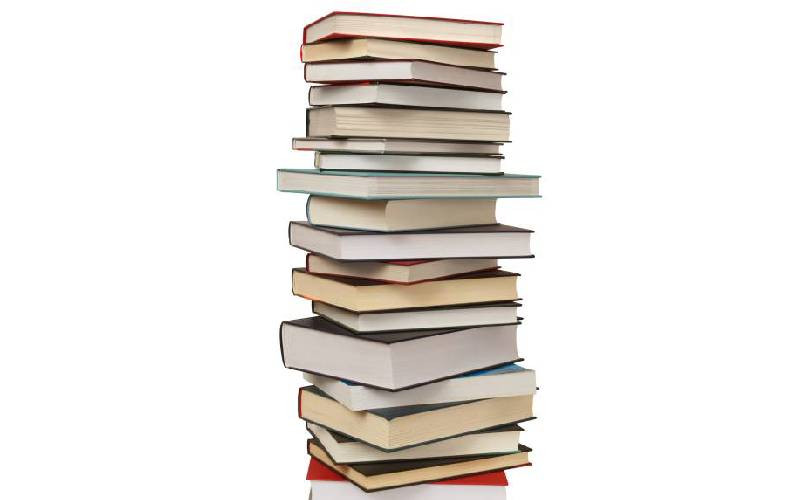×
The Standard e-Paper
Join Thousands Daily

Parents of learners joining the inaugural junior secondary school (JSS) have a reason to smile after the State assured them of support in providing study materials in all learning areas.
The Kenya Institute of Curriculum Development (KICD), which is mandated to do evaluation and procurement for all curriculum materials, said JSS learners in all public schools will get textbooks for all the 12 compulsory subjects and four optional learning areas.